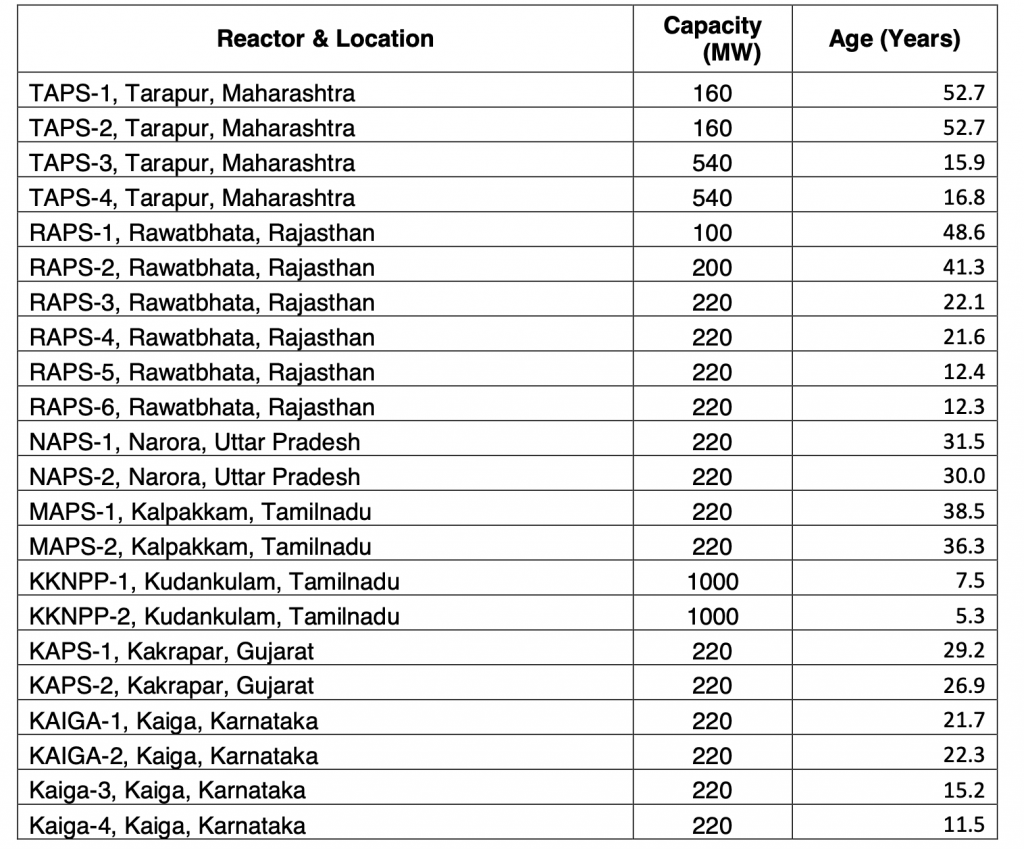France issued this statement during the RevCon about its nuclear weapons program. Here’s one relevant portion:
i. National security policies, doctrine and activities associated with nuclear weapons
The French doctrine is presented publicly on a regular basis. Its basic tenets may be found, specifically, in the speeches of the President of the French Republic, the most recent of which was delivered in Paris on 7 February 2020; in the white papers on national defence and security, the latest of which was made public in 2013; and in the strategic review of defence and national security, the latest issue of which was published in 2017 and updated in January 2021 (strategic update).
These communications reaffirm the validity and principles of nuclear deterrence as understood by France, and help build confidence. Regular public communications such as these are necessary to reaffirm the coherence and consistency of the national nuclear deterrence doctrine over time. The reiteration of these previously stated principles is valuable, as it creates predictability and therefore improves stability.
The role of nuclear weapons in French defence and security doctrine is to “protect France and the French people from any threat of State origin against our vital interests, wherever it comes from and whatever form it takes”,1 in extreme circumstances of self-defence. The independent nuclear deterrence of France is also aimed at permanently guaranteeing the country’s decision-making autonomy and freedom of action within the framework of its international responsibilities, including against any attempts at blackmail that may be made in the event of a crisis. Nuclear deterrence thus constitutes the ultimate guarantee of the nation’s security, sovereignty and independence.
The fundamental principles of French nuclear deterrence are:
(a) Political control of nuclear weapons. France emphasizes the political dimension of nuclear weapons. The President of the Republic has the ultimate responsibility for the use of such weapons. The President is solely responsible for determining the alert level of the nuclear forces and for their potential engagement. The control of those forces is therefore strictly political and circumscribed by legal procedures.
(b) Nuclear weapons: designed to deter, not to be used. In the French doctrine of deterrence, nuclear weapons are not battlefield weapons but a means of deterring a potential adversary from attacking vital national interests, protecting our freedom of action and enabling us to take our own decisions in all circumstances. For deterrence to work, the circumstances under which nuclear weapons would be used are not, and should not be, precisely defined, so as not to enable a potential aggressor to calculate the risk inherent in a potential attack.
(c) Strictly defensive nuclear deterrence. France does not threaten any State, and its deterrence is not targeted. France has reiterated that on many occasions. Potential adversaries must, however, be aware that if they “should underestimate the visceral attachment of France to its freedom and consider attacking our vital interests, whatever they may be”,2 our nuclear forces would be capable “of inflicting absolutely unacceptable damage on its centres of power, that is to say, on its critical, political, economic and military centres”.3
(d) Use only in extreme circumstances of self-defence. The nuclear doctrine of France is clearly governed by the right enshrined in Article 51 of the Charter of the United Nations.
(e) Sole, one-time-only nuclear warning. Should there be any doubt as to the determination of France to protect its vital interests, “a sole, one-time-only nuclear warning” could be given to the aggressor in order to clearly demonstrate that the nature of the conflict has changed, and thus re-establish deterrence.
(f) Application of the principle of strict sufficiency. France adjusts the level and characteristics of its arsenal to the strategic context and the minimum level needed to ensure its security. The strict sufficiency threshold is determined through a national analysis of the strategic context and is not directly related to the nuclear capabilities of other States.
(g) Security assurances. The security assurances provided by France to all non-nuclear-weapon States that are parties to the Non-Proliferation Treaty and comply with their international non-proliferation obligations are regularly reaffirmed. These security assurances are derived from:
– The French doctrine of deterrence, inasmuch as it unambiguously and consistently sets out the strictly defensive role of deterrence.
– The statement made on 6 April 1995, whereby France reaffirmed, to all non-nuclear-weapon States parties to the Non-Proliferation Treaty, the security assurances it had given in 1982. The Security Council took note of that statement in its resolution 984 (1995) and recalled it in its resolutions 1887 (2009) and 2310 (2016). France considers this commitment legally binding and therefore considers itself fully bound by it and intends to apply it in good faith.
– The signing of the protocols to the treaties establishing nuclear-weapon-free zones, which cover more than one hundred States (see section II).
These commitments do not affect the right to self-defence as enshrined in Article 51 of the Charter of the United Nations.

